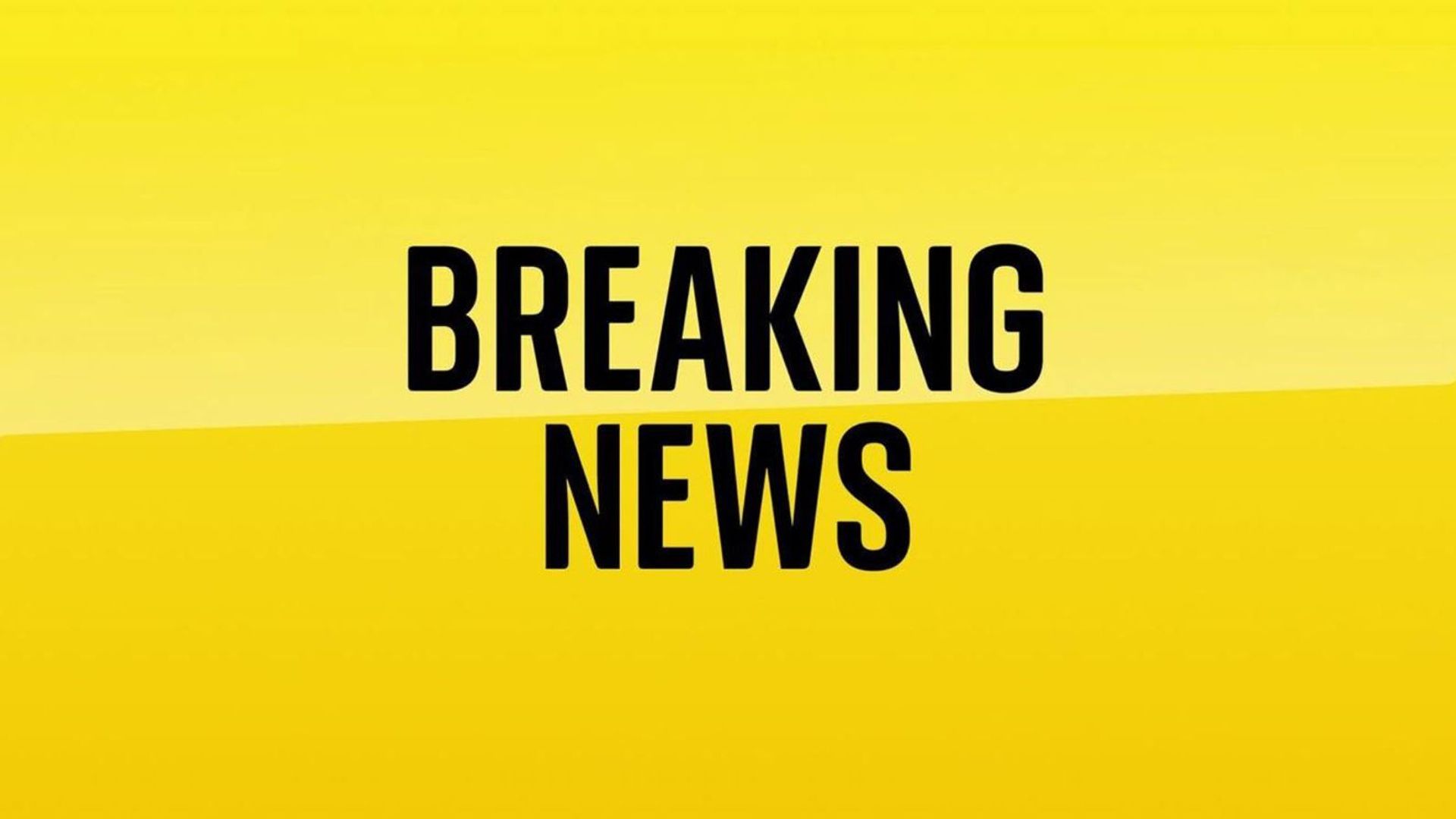Saudi Arabia has been confirmed as the host nation for the 2034 football World Cup.
Also confirmed were the hosts for the 2030 World Cup, which was awarded to six countries and will take place across three continents to celebrate 100 years of the tournament.
Saudi Arabia was the sole bidder for the 2034 competition. Its host status was confirmed on Wednesday after an online meeting of the 211 members of the International Federation of Association Football (FIFA).
The members confirmed the unchallenged bids by acclamation – simply clapping during the virtual meeting led by FIFA president Gianni Infantino.
As well as the World Cup, Saudi Arabia is hosting football’s 2027 Asian Cup, the 2029 Asian Winter Games and the 2034 Asian Games. It also has long-term ambitions to host more major events, including the Women’s World Cup, according to Sky Sports News.
The 2030 tournament will be led by co-hosts Spain and Portugal in Europe, and Morocco in North Africa. Uruguay, Paraguay and Argentina will each hold an opening match to mark 100 years since the first World Cup took place in Uruguay and was won by the hosts.
Before both of them, the US, Canada and Mexico will co-host the 2026 World Cup.
England’s Football Association (FA) supported the plans for the 2030 and 2034 World Cups, Sky Sports News understands.
‘Blatant sports washing’
Saudi Arabia first published its bid for the World Cup back in August after FIFA controversially fast-tracked the process for hosting the tournaments in 2030 and 2034.
But the plan for the 2034 tournament has led to criticism from activist groups, who argue that Saudi laws will not protect workers overseas.
The tournament will require the construction of eight new stadiums, for a total of 15 hosting venues, plus the addition of 175,000 hotel rooms, which will rely heavily on migrant labour.
Critics of FIFA also insist a Saudi-based World Cup risks a repeat of the rights abuses seen during a decade of similar preparations for the 2022 World Cup in Qatar.
Last month, Amnesty International and the Sport & Rights Alliance called on FIFA to halt the process of picking Saudi Arabia as the host of the 2034 tournament unless major human rights reforms are announced before the vote.
Amnesty International accused the country of “blatant sports washing” – the practice of using sports to improve a country’s or organisation’s reputation and often to distract from negative actions.
A Stonewall spokesperson said LGBTQ+ fans would feel unsafe at the prospect of attending the 2034 tournament.
‘We’ve come a long way’
Hitting back at criticism, Hammad Albalawi, head of Saudi Arabia’s bid, said at the beginning of December that the country has made significant progress in human rights while aiming to attract “more fans than ever” to the event.
He said Saudi Arabia is committed to transforming its social and economic landscape under Vision 2030 – a government programme announced back in 2016.
“We have come a long way and there’s still a long way to go. Our principle is to develop something that is right for us. Our journey started in 2016, not because of the World Cup bid,” Mr Albalawi told the Reuters news agency.
“We’ve launched initiatives granting employees the freedom to move between employers. Documents of these employees are now uploaded into government systems, ensuring they have rights within their contracts.”
He added that the tournament would be held in a “safe and family-friendly environment” regardless of the sale of alcohol – which is banned in the country.
Read more:
Questions still hang over bidding process
FIFA World Cup to have 104 matches in 2026
Expansion of Women’s World Cup could boost English-led bid
Follow our channel and never miss an update
“I think today what you see in Saudi Arabia is an environment that is family-friendly, safe and secure – something that people can actually enjoy on and off the pitch,” Mr Albalawi said.
“Our aim and aspiration is to bring more teams and more fans into one place than ever before.”
FIFA previously praised the Saudi bid in an in-house evaluation, noting that the 48-team, 104-game tournament offers “significant opportunities for positive human rights impact”.
However, it added that Saudi Arabia must invest “significant effort and time” to comply with international standards.






